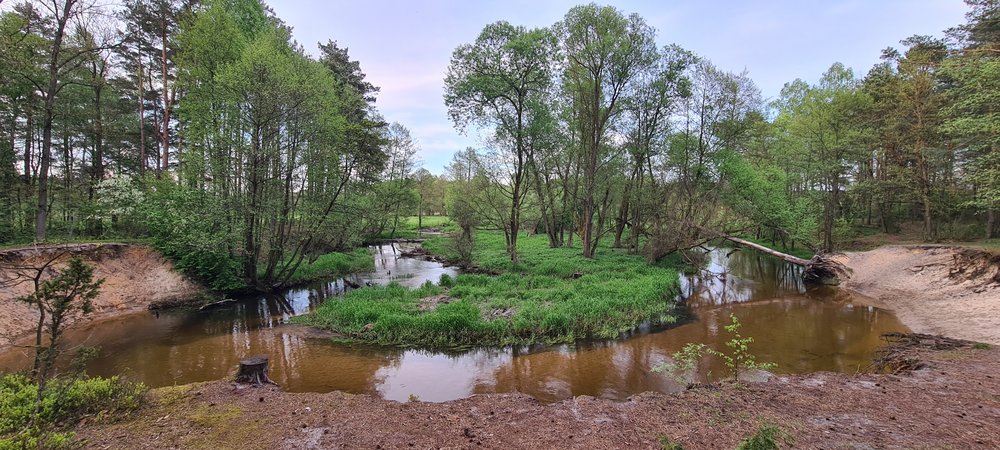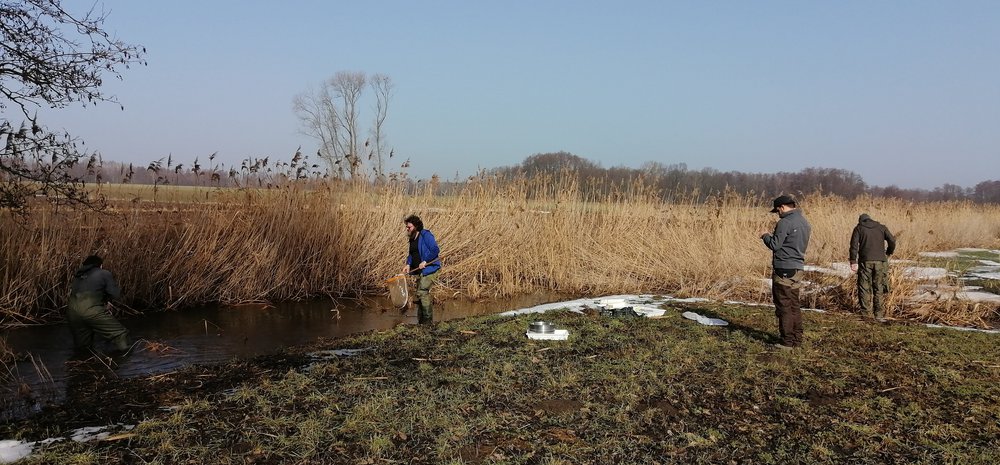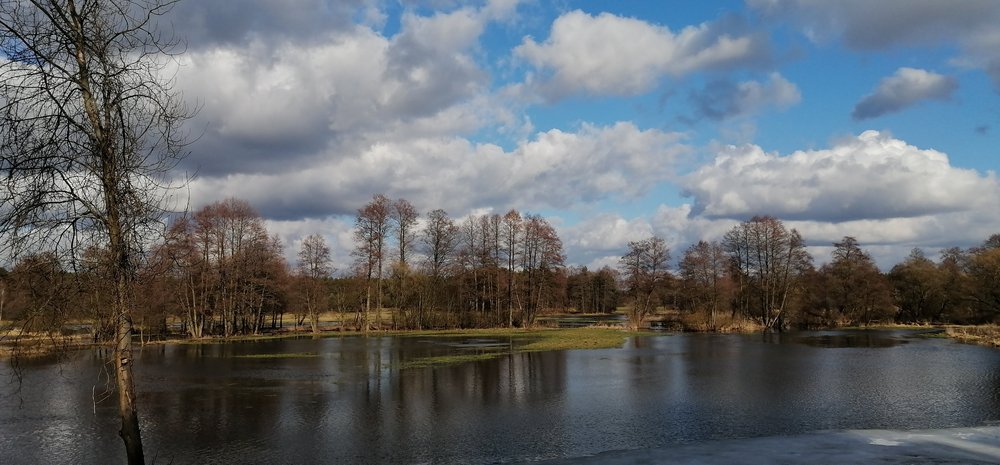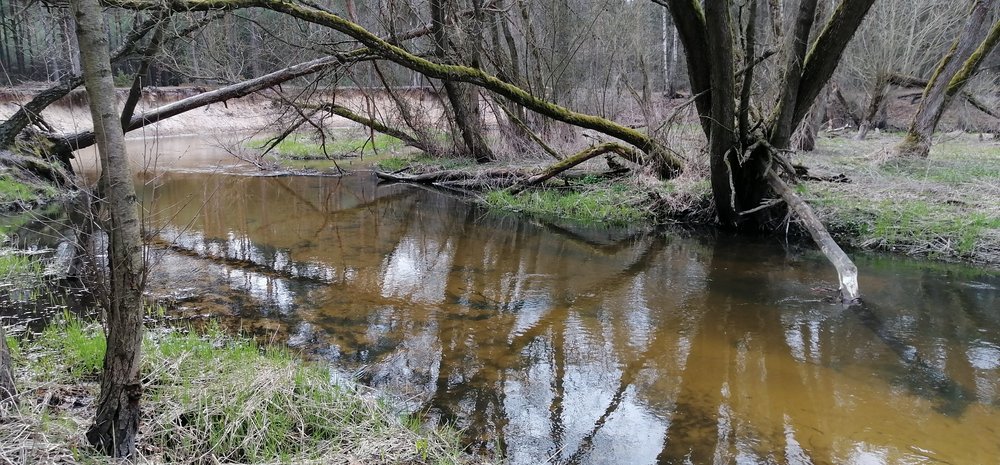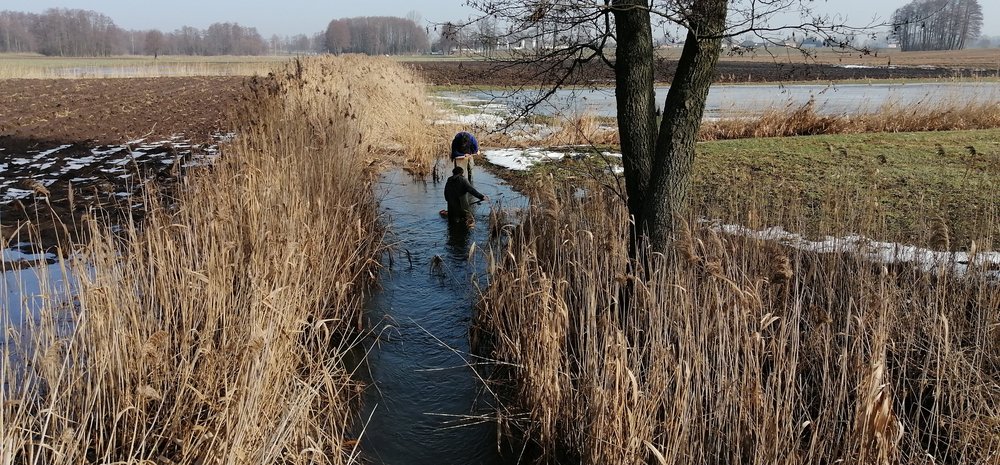Animals differ in appearance, behaviour, environment they live in and lifestyle. All these differences are recorded in their genetic code. Thanks to these differences, we can assign a specific DNA sequence to each species and use it to identify it, exactly the same way in which products in stores are identified with barcodes.
prof. Michał Grabowski, Faculty of Biology and Environmental Protection, UL
A new dimension of Grabia River research
PolBOL (Polish Barcode of Life), i.e., the Polish part of iBOL-BIOSCAN, was initiated just before the COVID-19 pandemic started, by a group of scientists from the Department of Invertebrate Zoology and Hydrobiology, University of Lodz, under the supervision of prof. Michał Grabowski.
Researchers from the University of Lodz started the activity of PolBOL by building a reference library of domestic fauna DNA barcodes for the purpose of future environmental biomonitoring standards. Currently, the library of barcodes for Poland has about 7,500 sequences, representing over 1,300 species of animals. In the future the library will also be extended to other groups of organisms. In one of its first projects, PolBOL focused on developing such a library for the biodiversity of an exemplary lowland river and its valley.
This river is Grabia – one of the most natural and cleanest rivers in our part of Poland. Its valley has been protected under the Natura 2000 network. Due to its natural values, Grabia, under the EU grant "Euro-limpacs", has also become an object of Polish-Dutch research as a reference river for the restoration of small lowland rivers in the Netherlands.
PolBOL as part of an international research consortium
In 2018, prof. Michał Grabowski, as the only representative of Poland, was appointed as a member of the scientific committee of the prestigious research consortium International Barcode of Life (iBOL) and the research network it is building. The network coordinates biodiversity research on the basis of 'genetic barcodes', i.e., sequences of DNA nucleotides of a specific length.
DNA barcodes enable identification of not only individuals as a whole, but also their fragments (e.g. hair, feathers) and biological traces left in the environment. This groundbreaking method was developed in 2003 by prof. Paul Hebert from the University of Guelph in Canada. Currently he is in charge of the Center for Biodiversity Genomics (CBG), the heart of the iBOL consortium. He is developing new techniques for DNA-based biodiversity estimation and monitoring. Additionally, he is developing and managing a worldwide, publicly available DNA barcode reference library – Barcode of Life Datasystems (BOLD). The iBOL-BIOSCAN network already includes more than 40 countries. Less than a year ago, European institutions interested in using barcoding established the European iBOL alliance – BIOSCAN Europe. The Faculty of Biology and Environmental Protection of the University of Lodz is among its founders.
Summing up, it is worth emphasizing that the current project of Grabia research integrates both employees and students of the Department of Invertebrate Zoology and Hydrobiology, University of Lodz, in cooperation with CBG. The initial research is financed from the internal funds of the University of Lodz; however, efforts are made to obtain funds under ERC grants.
We encourage you to check the information in the UL Employee Knowledge Database, including news about calls for grant competitions, as well as the guide on projects implementation and management.
Source: prof. Michał Grabowski;
Edit: Honorata Ogieniewska from the Promotion Centre, UL
